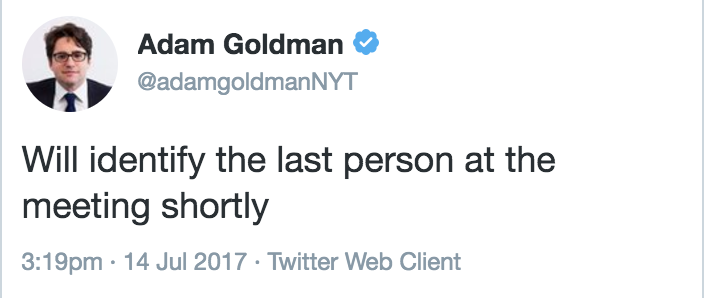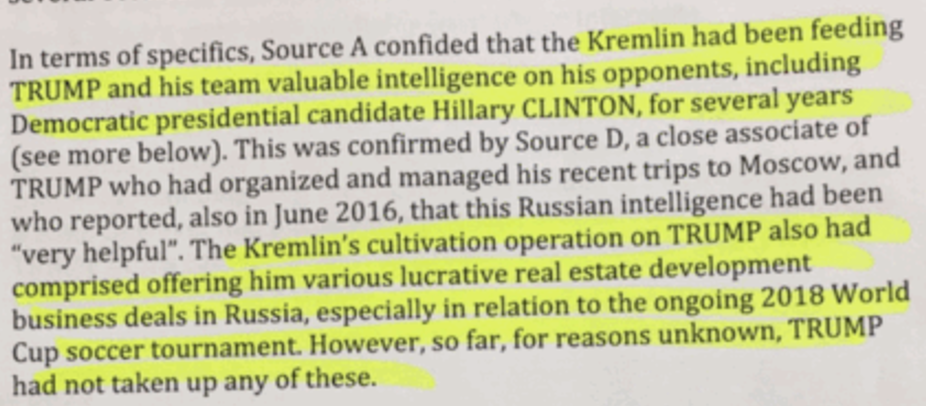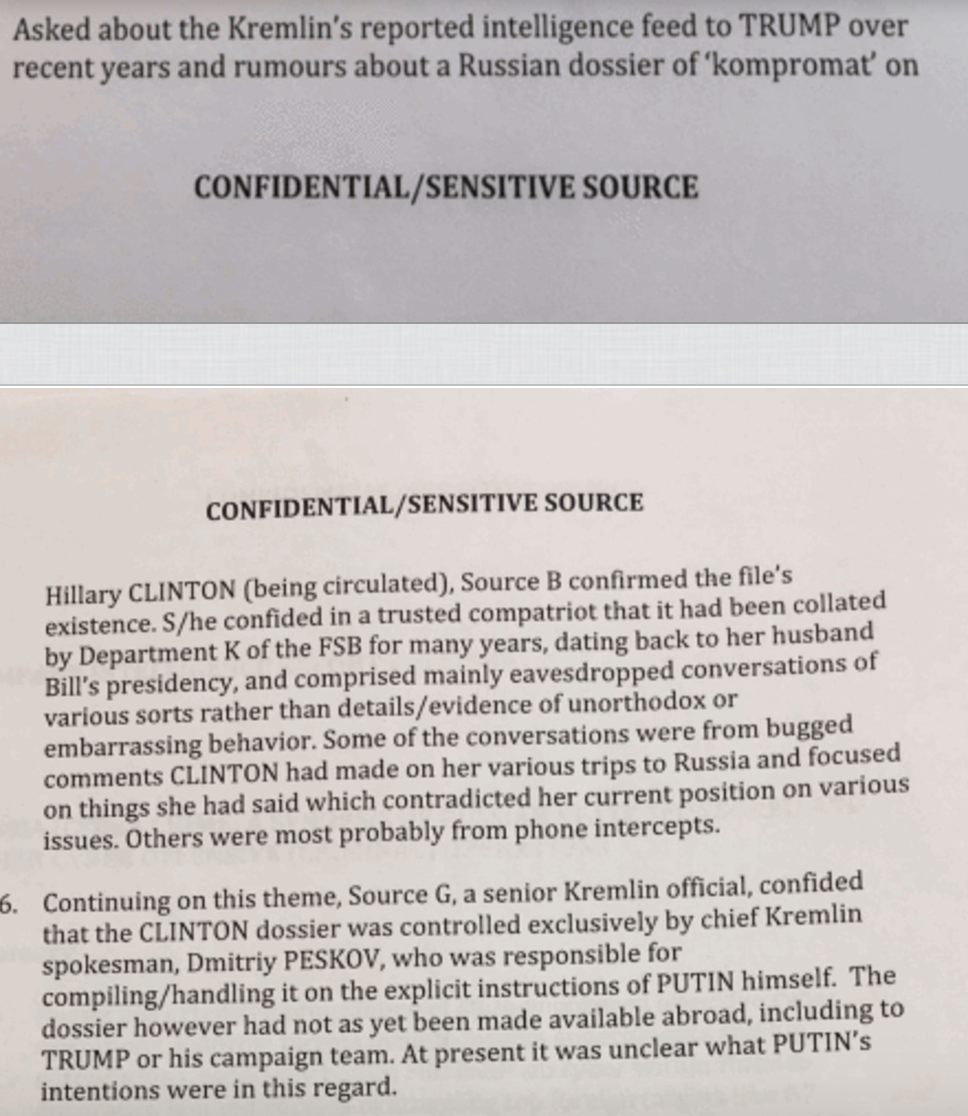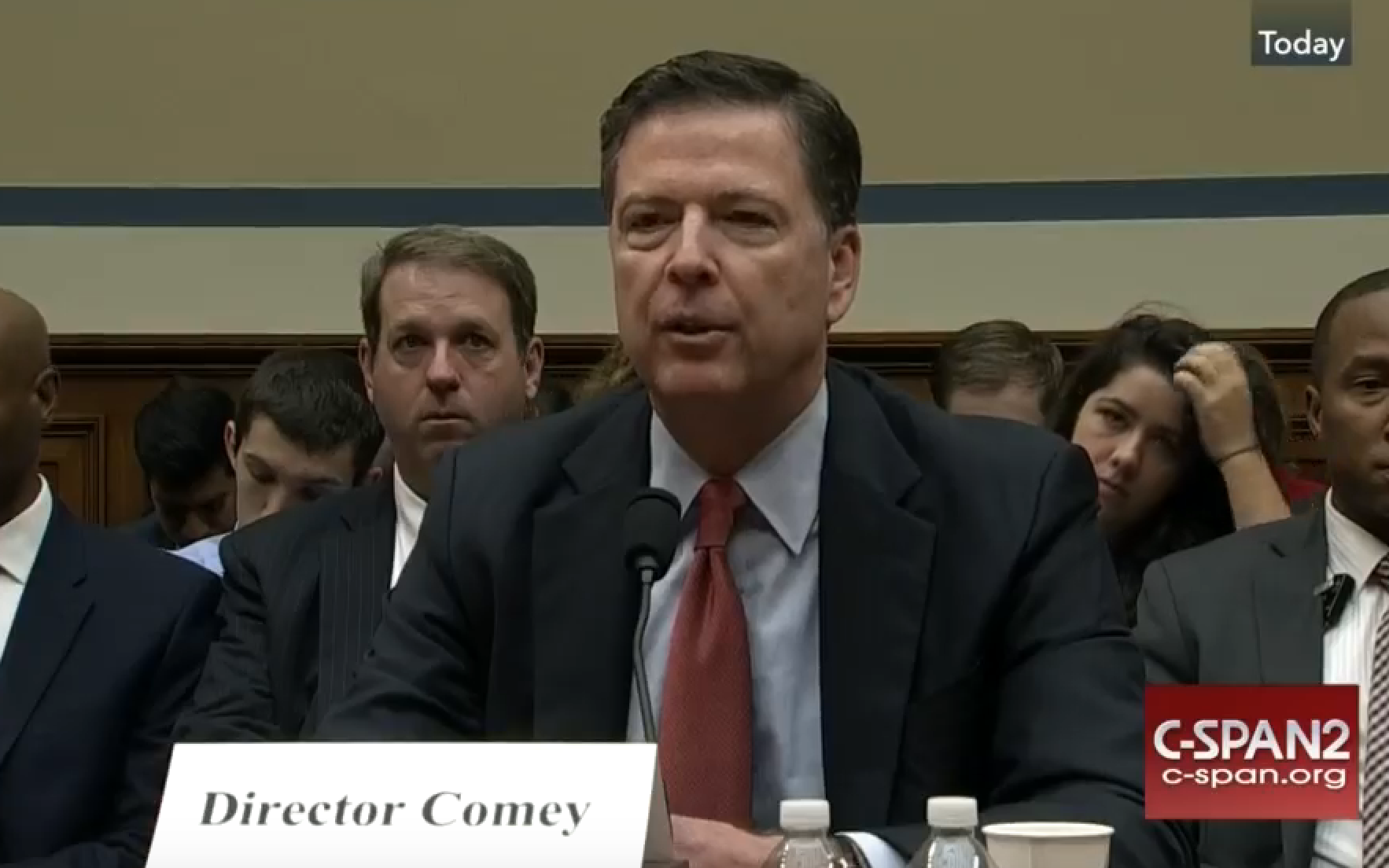Are There Other Emails about the June 9 Meeting?
Something has been bugging me about this NYT story from last week reporting that, in a conference call with Mark Corallo on July 9, 2017 (see the timeline of events below), Hope Hicks told him emails on the June 9, 2016 Trump Tower meeting between Don Jr, Paul Manafort, and Jared Kushner and Natalia Veselnitskaya, Rinat Akhmetshin, Ike Kaveladze, and Rob Goldstone would never come out.
Corallo is planning to tell Mr. Mueller about a previously undisclosed conference call with Mr. Trump and Hope Hicks, the White House communications director, according to the three people. Mr. Corallo planned to tell investigators that Ms. Hicks said during the call that emails written by Donald Trump Jr. before the Trump Tower meeting — in which the younger Mr. Trump said he was eager to receive political dirt about Mrs. Clinton from the Russians — “will never get out.” That left Mr. Corallo with concerns that Ms. Hicks could be contemplating obstructing justice, the people said.
[snip]
In Mr. Corallo’s account — which he provided contemporaneously to three colleagues who later gave it to The Times — he told both Mr. Trump and Ms. Hicks that the statement drafted aboard Air Force One would backfire because documents would eventually surface showing that the meeting had been set up for the Trump campaign to get political dirt about Mrs. Clinton from the Russians.
According to his account, Ms. Hicks responded that the emails “will never get out” because only a few people had access to them.
As the story describes, the emails in question were already prepped (by the lawyers with whom Corallo worked on a day to day basis) to send to Congress, which would have made it really hard for anyone to withhold the emails.
Congress had requested records from Paul Manafort, Mr. Trump’s campaign chairman; Mr. Kushner; and other Trump campaign officials about meetings with Russians. And lawyers had already copied and stamped the emails for delivery to Capitol Hill.
But elsewhere in the story, the NYT admits that even as (or shortly after) that meeting transpired it already had the emails Don Jr released that day and was going to publish them itself.
The younger Mr. Trump ultimately released the emails after being told The Times was about to publish them.
The original story (as well as the second one) described that the meeting was discovered when Kushner disclosed it on one of his many revisions to his security clearance application and in a response from Paul Manafort to congressional inquiries.
The Trump Tower meeting was not disclosed to government officials until recently, when Mr. Kushner, who is also a senior White House aide, filed a revised version of a form required to obtain a security clearance.
[snip]
Manafort, the former campaign chairman, also recently disclosed the meeting, and Donald Trump Jr.’s role in organizing it, to congressional investigators who had questions about his foreign contacts, according to people familiar with the events.
But nothing in that description would mean Congress would have gotten the emails yet, which is where investigative materials normally get leaked to the press (though it’s possible Manafort had already turned them over).
Michael Wolff’s book reports the Bannon suspicion that a Jared aide (presumably Josh Raffel), who was in the initial meeting where Trump forced everyone else to say the June 9 meeting dealt primarily with adoptions, leaked the emails to the NYT.
Indeed, the best guess by many in the West Wing was that the details of the meeting had been leaked by the Kushner side, thus sacrificing Don Jr. in an attempt to deflect responsibility away from themselves.
[snip]
The lawyers, and spokesperson Mark Corallo, had been working to manage this news. But while in Hamburg, the president’s staff learned that the Times was developing a story that had far more details about the meeting—quite possibly supplied by the Kushner side—which it would publish on Saturday, July 8.
But it describes the Jared team as leaking details, not the emails themselves. Plus, it’s hard to see how the emails don’t also implicate Jared, unless he’s going to bank on having left the meeting as his means to defend himself even in light of all the other damning evidence he was willing to chat up Russians later in the year.
Furthermore, given that Jared was an active player in that first meeting, it’s hard to understand how Hicks wouldn’t have known that Jared would have to disclose any emails that involved him personally.
There’s one other detail of note. The NYT makes it clear that the lawyers (and Corallo) in DC were kept out of the loop on the panic on Air Force One and that they didn’t know the NYT was working on a story. Though it’s unclear where the Circa story that those lawyers (and Corallo) did contribute to came from, then, as it feels like an effort to pre-empt the NYT with a friendly outlet.
Significantly, the Circa story is the source of the claim that Trump didn’t know about the meeting that I noted here (which the lawyers are said to have believed, which is why the Trump and his family weren’t consulting with the lawyers).
President Trump was not aware of the meeting and did not attend it, according to the lawyers.
It’s also significant, though, because it adopts the line Paul Manafort seems to have convinced Reince Priebus to adopt, pointing to problems with the dossier and Fusion GPS as a way to discredit the entire investigation.
“We have learned from both our own investigation and public reports that the participants in the meeting misrepresented who they were and who they worked for,” said Mark Corallo, a spokesman for President Trump’s legal team. “Specifically, we have learned that the person who sought the meeting is associated with Fusion GPS, a firm which according to public reports, was retained by Democratic operatives to develop opposition research on the President and which commissioned the phony Steele dossier. ”
“These developments raise serious issues as to exactly who authorized and participated in any effort by Russian nationals to influence our election in any manner,” Corallo said.
I raise all this to highlight two possibilities: that the emails are all that exist, but that they were leaked by someone — Manafort? Bannon? Corallo? — to punish the White House for its first misleading lies about the meeting. Perhaps Gorelick leaked them, which might explain why she stopped representing Jared days later?
But there’s another possibility: that more emails exist, between Don Jr and Rob Goldstone (indeed, we know Goldstone sent follow-up emails involving Vkontakte). Or that there are communications between other players. In which case the release of the current emails might serve to distract from a fuller set that Hicks did succeed in burying.
In any case, not only is Corallo prepping his meeting with Mueller’s team, but Steve Bannon seems intent on meeting with Mueller before HPSCI has an opportunity to run interference with him.
A source familiar with the matter added that Bannon would instead answer all of special counsel Robert Mueller’s questions as part of his investigation.
So whatever particular complaints the Corallo/Kasowitz/Bannon/Priebus crowd has about the way things went down may soon be shared with Mueller.
Early July 7: NYT approaches WH officials and lawyers; WH schedules a conference call w/NYT for next morning.
July 7: Trump chats up Putin at dinner. (Note, whenever Melania decides it’s time to get revenge on Trump for treating her like shit, she can go tell Mueller what she overheard of this conversation.)
July 8, morning: Conference call doesn’t happen. NYT submits 14 questions about the meeting to the WH and lawyers of Trump campaign aides who attended the meeting (do these aides include all of Don Jr, Kushner, and Manafort?); Trump and his aides develop a response on Air Force One, with Hicks coordinating with Don Jr and his lawyer Alan Garten, who were both in NY, via text message.
July 8, afternoon: Jamie Gorelick provides a statement describing his revisions to his security clearance forms.
He has since submitted this information, including that during the campaign and transition, he had over 100 calls or meetings with representatives of more than 20 countries, most of which were during transition. Mr. Kushner has submitted additional updates and included, out of an abundance of caution, this meeting with a Russian person, which he briefly attended at the request of his brother-in-law Donald Trump Jr. As Mr. Kushner has consistently stated, he is eager to cooperate and share what he knows.
July 8, evening: Garten issues a statement in Don Jr’s name stating,
It was a short introductory meeting. I asked Jared and Paul to stop by. We primarily discussed a program about the adoption of Russian children that was active and popular with American families years ago and was since ended by the Russian government, but it was not a campaign issue at that time and there was no follow up. I was asked to attend the meeting by an acquaintance, but was not told the name of the person I would be meeting with beforehand.
July 8, 5PM: NYT publishes story.
July 8, slightly later: Circa publishes different story based on Mark Corallo’s statement, admitting Magnitsky Act discussion.
July 9, morning: Hope Hicks calls Corallo, with Trump in the room, accusing him of trafficking in conspiracy theories. It is this call, according to the NYT, where Hicks said the emails would never come out.
July 9: Don Jr issues a new statement.
After pleasantries were exchanged, the woman stated that she had information that individuals connected to Russia were funding the Democratic National Committee and supporting Mrs. Clinton. Her statements were vague, ambiguous and made no sense. No details or supporting information was provided or even offered. It quickly became clear that she had no meaningful information.
July 14: Jamie Gorelick quits representing Kushner on Russian issues.
July 20: Mark Corallo quits.
July 21: Marc Kasowitz quits.
Some lawyers and witnesses who have sat in or been briefed on the interviews have puzzled over Mr. Mueller’s interest in the episode. Lying to federal investigators is a crime; lying to the news media is not. For that reason, some of Mr. Trump’s advisers argue that Mr. Mueller has no grounds to ask the president about the statement and say he should refuse to discuss it.








